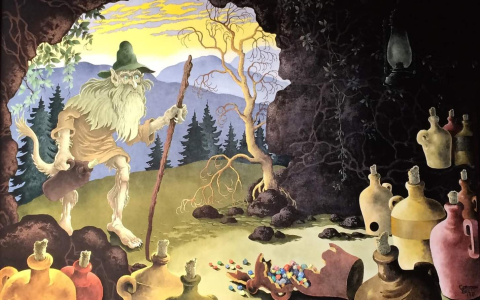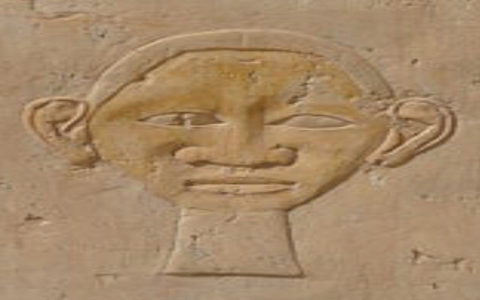Alright, folks, let’s talk about spice. I mean, seriously, how did smelly old cloves and pepper make people sail off the edge of the map? That’s what got me digging. I saw this crazy idea about spices driving the whole “let’s find new lands” thing, and I had to see for myself.
Started simple: I just sat down with my laptop and a coffee, real late one night. Typed in “why were spices valuable?” Found out it wasn’t just about taste. Back then, no fridges, right? Meat went bad fast. Pepper? Cloves? Nutmeg? They covered the rot smell! Plus, medicine stuff. Basically, gold dust. Super expensive in Europe because some guys in Venice had a monopoly, buying them from other guys, who got them from even farther away… crazy long chain.
Plotting the Map (Mentally)
Okay, so Europe wanted spice bad. Paying an arm and a leg. And the routes? Land journeys through deserts and mountains? Super slow, super risky. Bandits, kingdoms asking for bribes… a nightmare. This got me thinking: no wonder someone finally snapped and said, “There has to be a sea way!” Cut out all those greedy middlemen. Simple math: cheaper buy price, same high sell price = big bucks.
The Big Gamble
That “someone” was mainly Portugal. Read about this Prince Henry dude – the Navigator guy. He was dead-set on going south down Africa. Why south? Ancient Greeks said “Hey, maybe Africa loops around?” But who knew? It was a massive, terrifying gamble. Like betting your life savings you can fly off a cliff before inventing the parachute. Ships were tiny, storms were wild, food spoiled, sailors got scurvy – basically death voyage material.

- First tries were awful: Boats wrecked. Sailors terrified of sea monsters (seriously!). Cape Bojador in Africa? They called it the “Sea of Darkness”. Took YEARS just to inch past that.
- Finally got lucky (sort of): Bartolomeu Dias got blown south by a storm, realized he’d passed the southern tip. They called it the Cape of Good Hope. Nice name for “we almost died”.
- Then Vasco da Gama: He didn’t mess around. Took that route, shot cannonballs at anyone looking sideways, and eventually landed in Calicut, India. Found spice traders. Game changer. Direct sea route to Asia… for Portugal at least.
The Domino Effect
Here’s where the “global exploration” bit kicked in hard:
- Portugal’s win = Spain’s problem: Spain looked west, thinking, “Maybe we can find a BACK way to Asia?” That meant Columbus trips and bumping into the Americas instead. Talk about a wrong turn! Ended up with gold and potatoes, not exactly spices.
- Dutch & Brits joining the party: Saw Portugal raking it in? Yeah, no way they’d sit out. Fierce competition. Dutch sent ships to what became Indonesia. Brits landed in India later. Lots of fighting over little islands filled with trees.
- Ships got better FAST: Suddenly everyone needed stronger ships – galleons and carracks capable of year-long journeys. Better maps too. Navigation became a must-have skill.
- Power shift: Money started moving away from Venice and the old routes. Nations with big navies and global reach rose up. Spices literally reshaped the world’s power map.
So yeah, after putting the pieces together, it hit me. It wasn’t just fancy kings wanting glory or scholars chasing knowledge. It started way lower down: money-hungry merchants wanting cheaper pepper. That simple greed pushed tiny ships into huge oceans, smashed old powers, drew whole new maps, and accidentally hooked up continents that didn’t even know each other existed. Kinda nuts when you realize my taco seasoning connects back to sailors terrified of falling off the planet.









